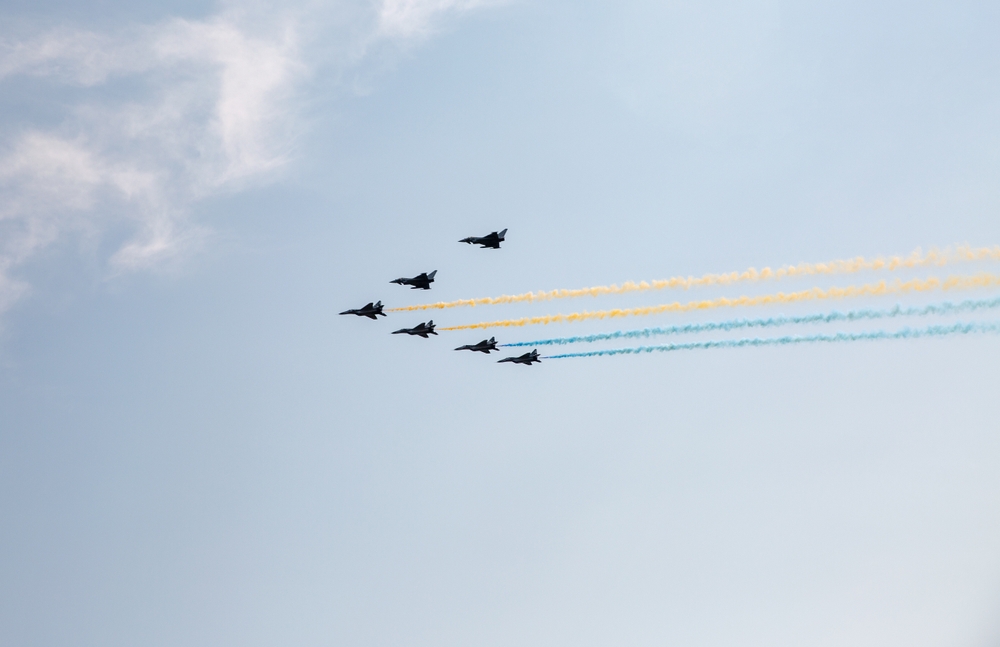The F-16 fighter jets stirred hopes of shifting the dynamics in Ukraine’s conflict with Russia.
Others are reading now
The arrival of long-awaited F-16 fighter jets from Western allies has stirred hopes of shifting the dynamics in Ukraine’s conflict with Russia.
Significant Constraints
However, Tech writes that these advanced aircraft will operate under significant constraints to avoid destruction by Russian forces, according to Oleksandr Syrski, Commander of Ukraine’s Armed Forces.
To minimize risk, F-16s will not fly closer than 40 kilometers (approximately 25 miles) from the front lines. This restriction is intended to protect the jets from advanced Russian anti-aircraft systems and ensure their operational longevity.
Despite the jets’ sophisticated capabilities, including advanced radar systems and versatile armament options like the AGM-65 Maverick missiles and AIM-120 AMRAAM air-to-air missiles, military experts caution against expecting them to be a “silver bullet” in the conflict.
Also read
Most Effective Around Crimea
The primary areas where F-16s are expected to be most effective are around Crimea and southern Ukraine, where Ukrainian forces have more freedom to maneuver and utilize radar aircraft. In contrast, operations along Ukraine’s eastern and northeastern borders pose greater risks, with Russian forces reportedly concentrating their air defense systems there.
The F-16, renowned for its agility and speed—capable of reaching speeds up to 2500 km/h (1550 mph)—is one of the most advanced fighter jets in the world. These jets can operate at altitudes exceeding 15 kilometers (about 50,000 feet) and have a range of up to 3200 kilometers (nearly 2000 miles), extendable to 4200 kilometers (2600 miles) with additional fuel tanks.


